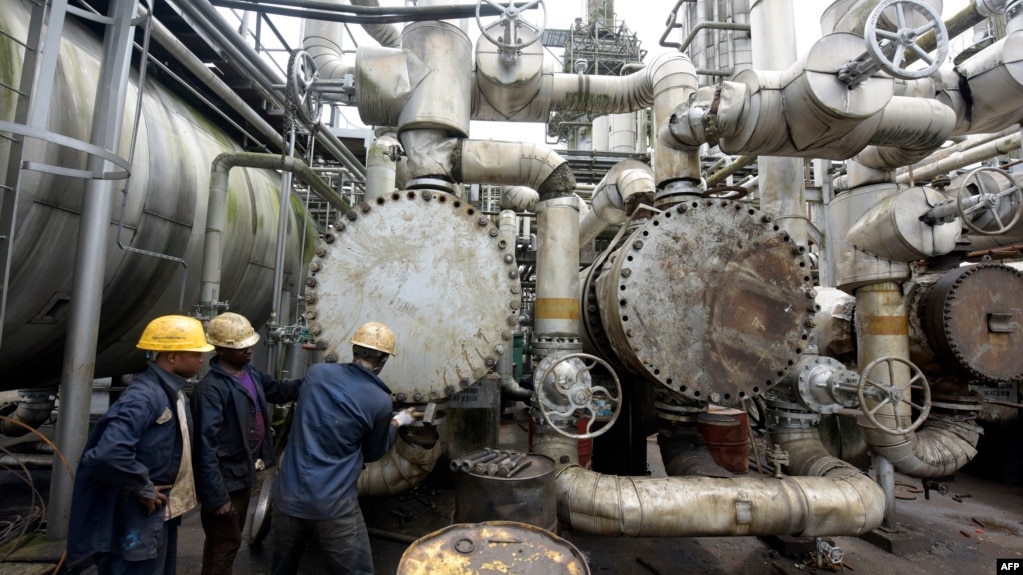- Get link
- X
- Other Apps
Nigeria to Resume Crude Oil Refining in August, Industry Officials Announce
Nigeria is set to recommence crude oil refining operations in August, marking a significant milestone for the country's oil industry. This development was confirmed by industry officials who highlighted the strategic importance of this move in reducing Nigeria's dependence on imported refined petroleum products.
The country's refining capabilities have faced numerous challenges over the years, leading to a heavy reliance on imported fuels to meet domestic demand. This reliance has had a substantial impact on the national economy, exacerbating fuel scarcity issues and contributing to higher prices for consumers. The resumption of refining activities is expected to address these challenges and provide a much-needed boost to the local economy.
Background and Challenges
Nigeria, Africa's largest oil producer, has historically struggled with maintaining operational efficiency in its refining sector. Issues such as inadequate maintenance, technical breakdowns, and a lack of investment have plagued the country's refineries, resulting in prolonged periods of inactivity. Consequently, Nigeria has had to import the majority of its refined petroleum products, despite being a leading crude oil exporter.
The decision to restart refining operations comes after extensive efforts to overhaul and modernize the country's refining infrastructure. The Nigerian National Petroleum Corporation (NNPC) and other stakeholders have been working diligently to ensure that the refineries are equipped with the necessary technology and resources to operate efficiently.
Economic Implications
Resuming local refining is anticipated to have several positive economic implications. Firstly, it will reduce the need for importing refined products, thereby saving foreign exchange and improving the country's trade balance. Additionally, it will create job opportunities and stimulate economic activities within the local communities where the refineries are situated.
The resumption of refining activities is also expected to stabilize the supply of petroleum products in the domestic market, potentially leading to lower and more stable prices for consumers. This stability is crucial for various sectors of the economy that rely heavily on fuel, including transportation, manufacturing, and agriculture.
Industry Reactions
Industry stakeholders have welcomed the announcement, expressing optimism about the potential benefits. They emphasize the importance of maintaining the refineries and ensuring that they operate at full capacity to meet the country's refining needs.
"The resumption of refining operations is a pivotal step towards achieving self-sufficiency in petroleum products," said an NNPC spokesperson. "It demonstrates our commitment to enhancing the capacity of our refineries and reducing our dependence on imports."
Future Prospects
Looking ahead, the Nigerian government and industry players are focused on sustaining the momentum by ensuring continuous investments in the refining sector. Plans are underway to not only maintain the existing refineries but also to develop new ones, further increasing the country's refining capacity.
As Nigeria prepares to resume crude oil refining in August, the nation is poised to make significant strides towards energy self-sufficiency and economic stability. This development is expected to have far-reaching impacts, benefiting the country and its citizens in multiple ways.
- Get link
- X
- Other Apps

Comments